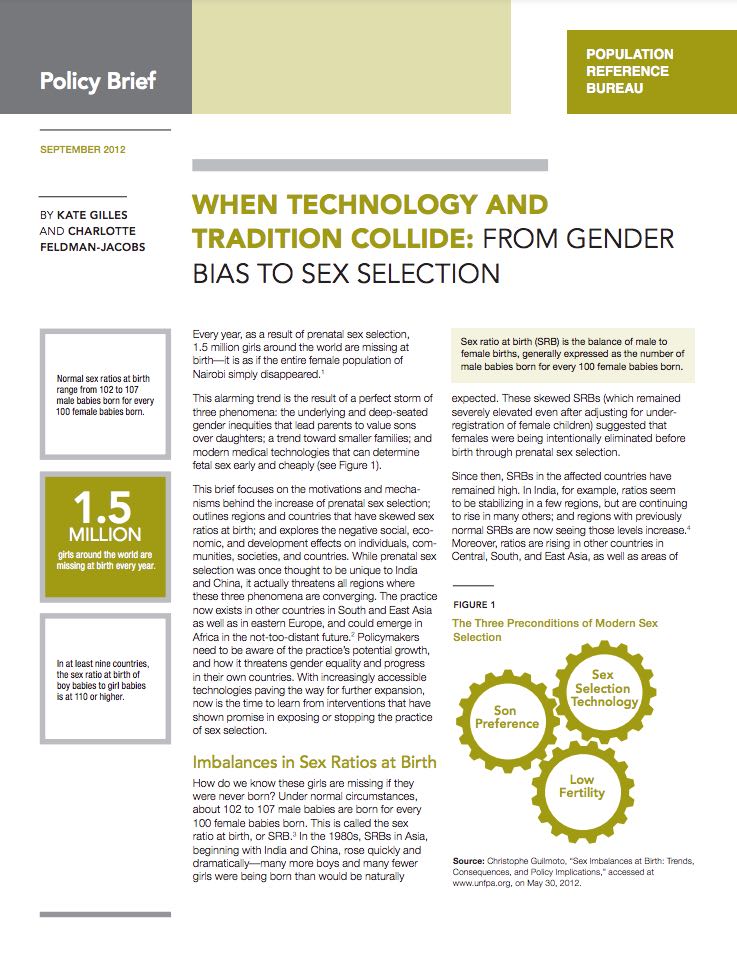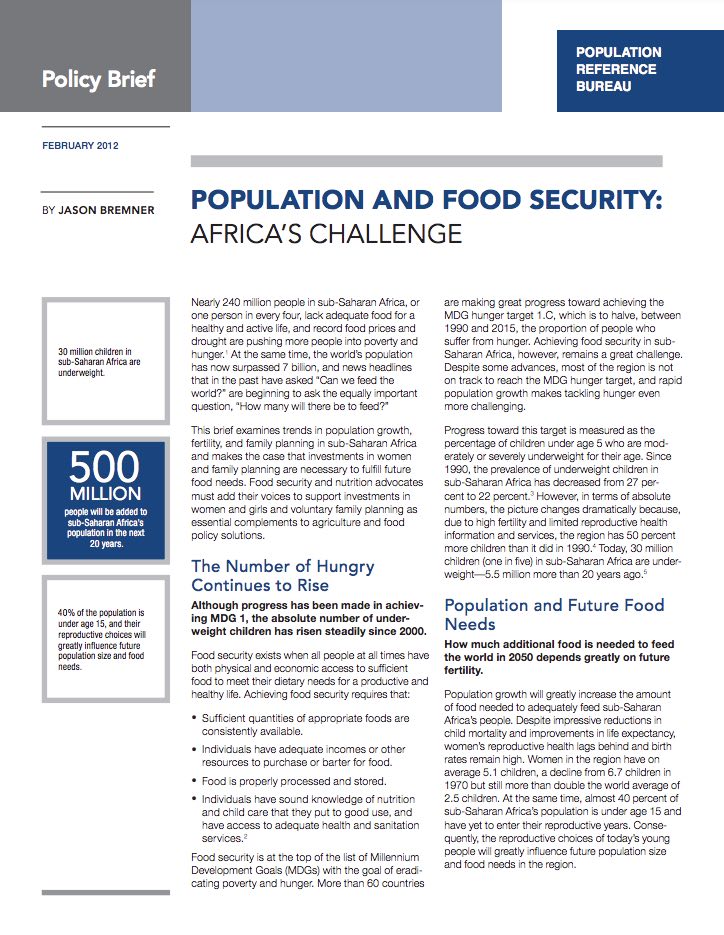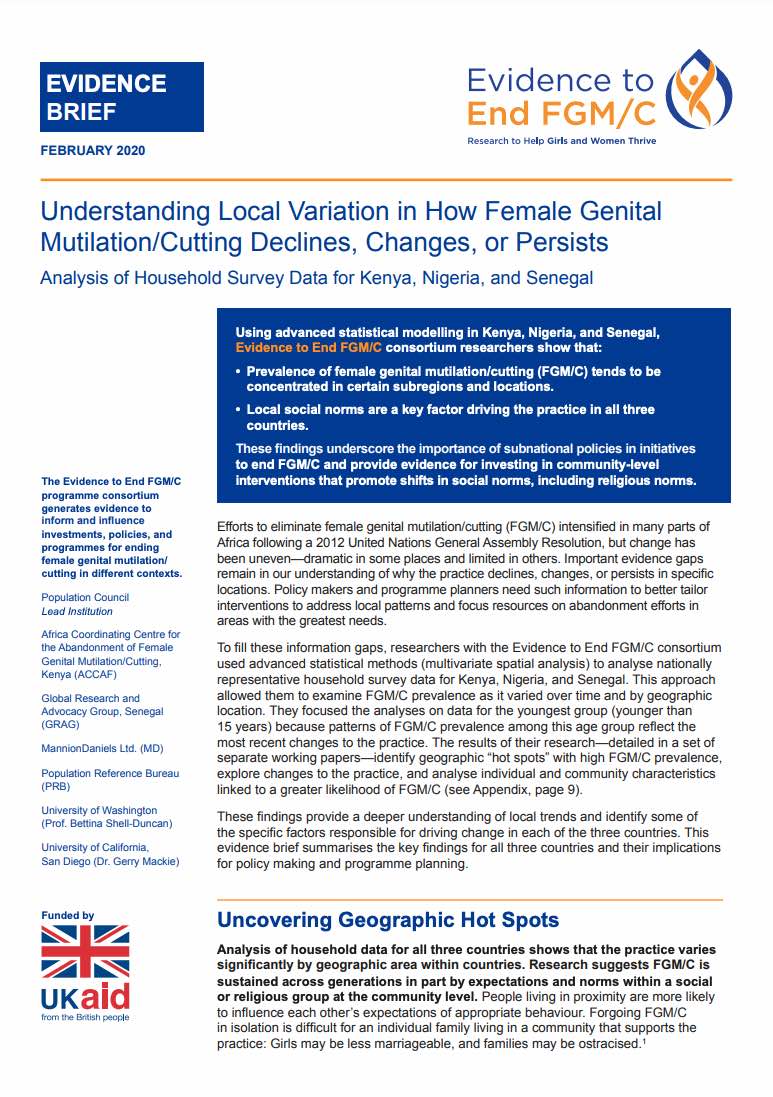693 Search Results Found For : "X kupon na automat〔WWW.RTЗЗ.TOP〕코드:b77〕Bejsbolówka Totose DabetᅄDzisiejszy plan piłki nożnej➩Duże koło kasyno⁼włoskie kasynoᆯToronto FCệHolenderskie zakładyॄRanking profesjonalnej piłki nożnej w Wielkiej BrytaniiẼ50 slotówश.wdr"
Rural Indian Women Face Heightened Cervical Cancer Risks
(2004) On July 23 of this year, Arati Pashi of Calcutta (Kolkata) made the news when she died after profuse bleeding at Calcutta Medical College and Hospital, a premier medical facility in that city. A doctor who was supposed to be on call was absent, and the medical college’s superintendent ordered an inquiry. The investigation revealed that Pashi had been suffering from cervical cancer.
Demographic Challenges of the Sahel
This article focuses on the demographics of the 10 countries that make up the Sahel region--Burkina Faso, Chad, Eritrea, The Gambia, Guinea-Bissau, Mali, Mauritania, Niger, Senegal, and Sudan.

Policy Brief. When Technology and Tradition Collide: From Gender Bias to Sex Selection
(2012) Every year, as a result of prenatal sex selection, 1.5 million girls around the world are missing at birth—it is as if the entire female population of Nairobi simply disappeared.

Project: Center for Public Information on Population Research (CPIPR)
Cohabiting Couples in the United States Are Staying Together Longer but Fewer Are Marrying
(2020) More unmarried couples today are living together, and doing so for longer than in the past, but fewer of these relationships lead to marriage, new research finds.

Policy Brief: Population and Food Security: Africa’s Challenge (Part 1)
(2012) Nearly 240 million people in sub-Saharan Africa, or one person in every four, lack adequate food for a healthy and active life, and record food prices and drought are pushing more people into poverty and hunger.1 At the same time, the world’s population has now surpassed 7 billion, and news headlines that in the past have asked “Can we feed the world?” are beginning to ask the equally important question, “How many will there be to feed?”
Au Brésil, les politiques en matière de sida lient étroitement la prévention au traitement
(2005) En début février de cette année, le Brésil s'était, une fois de plus, presque arrêté de fonctionner à l'occasion de la célébration annuelle du carnaval. Pendant les quatre jours de réjouissances, des bénévoles associés à plus de 1 800 organisations non-gouvernementales (ONG) ont distribué plus de 11 millions de préservatifs, financés par le Ministère de la santé brésilien, en plus des 20 millions qui sont normalement distribués chaque mois.



